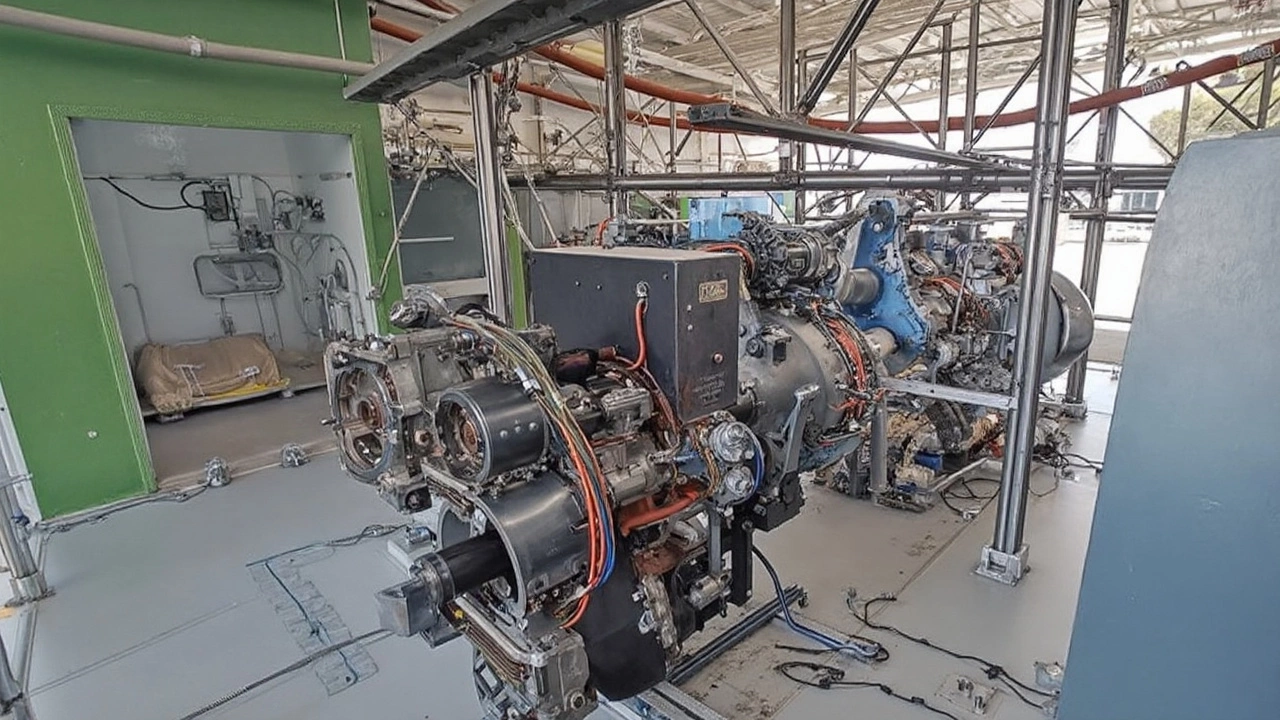The United Kingdom has hit a significant roadblock in its pursuit of hypersonic technology with the collapse of a key player, Reaction Engines. Known for its groundbreaking Synergetic Air-Breathing Rocket Engine (SABRE) technology, the company was pivotal in driving the UK’s ambitious £1 billion Hypersonic Technologies & Capability Development Framework (HTCDF) and Hypersonic Air Vehicle Experimental (HVX) programs.
Reaction Engines had been breaking barriers with its innovative approach to propulsion. Its SABRE engine combined the best aspects of rocket and jet technology, pushing boundaries to achieve speeds over Mach 5. A major milestone just last year was the successful testing of a precooler system capable of withstanding conditions close to Mach 3.5, using a modified Rolls-Royce engine. This was a critical step towards simulating real-life hypersonic performance.
Despite impressive technological advancements and raising an impressive £150 million with backing from giants like BAE Systems and Rolls-Royce, Reaction Engines succumbed to overwhelming financial troubles. A rescue package worth £20 million fell apart in September 2024, primarily due to regulatory hiccups involving the National Security and Investment Act, ultimately leading to PricewaterhouseCoopers stepping in to place the company into administration.
This unexpected collapse not only shifts the landscape of British aerospace innovation but also poses a substantial challenge to the UK's hypersonic aspirations. Minister of State for Defence Maria Eagle has stated that the Ministry of Defence is in talks with the company’s administrators to navigate this setback. However, details remain under wraps as discussions are commercial-in-confidence.
The Loss and Its Wider Impact
Analysts suggest that replacing Reaction Engines' unique know-how, particularly in high-speed propulsion and advanced thermal management, is easier said than done. Christie Maddock from the University of Strathclyde explained how this loss dents the UK's leadership role in hypersonic technology. William Freer from the Council on Geostrategy added that replicating SABRE’s intricate dual-mode capability isn't a simple plug-and-play fix.
The British Ministry of Defence (MOD) is now tasked with calculating the broader implications for defense strategies. Questions surrounding the future of Reaction Engines’ intellectual property and its contributions to advanced missile development under the HTCDF program are top of mind. There's a glimmer of hope for Reaction's technology to find new applications in automotive realms like Formula 1 or enhance turbojet engines, but the immediate repercussions on the UK's defense front are indisputable.
